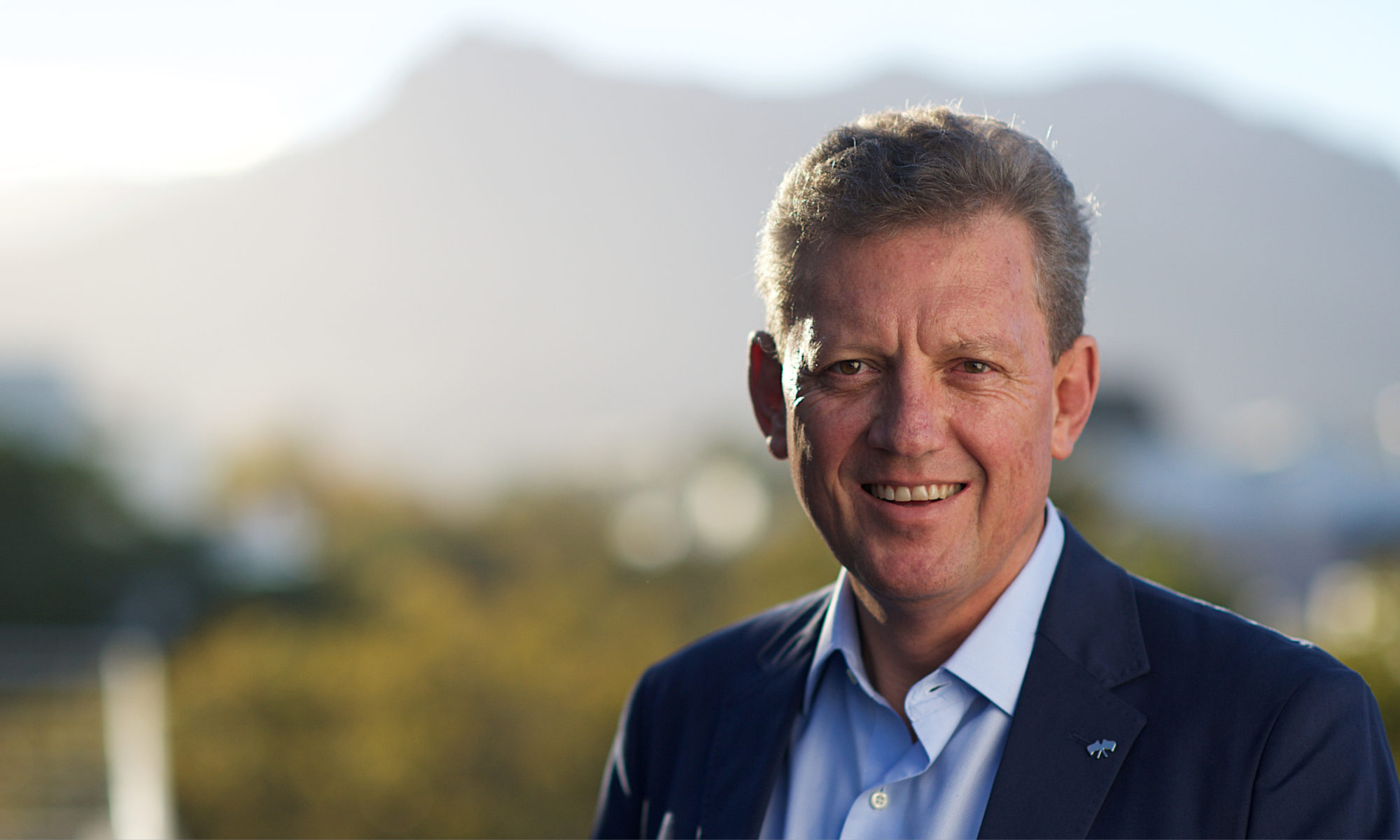As a leader of an NGO or ministry, why is it always so hard to ask for money? In this Elevate episode we hear from David Denmark, executive director of the Maclellan Foundation, as he gets to the heart of this question by exploring the complexities of financial giving, from both a beneficiary and donor perspective.
Building healthy donor relationships
Giving is a belief issue
When we talk about giving, we often use statements like ‘God owns it all’ – and that’s a true statement, but most of the time when we make that statement, we think about assets.
Says David, ‘We always think about “stuff”, but the reality of scripture is that what Jesus actually purchased on the cross, was you and me, and our souls. That’s why Jesus has the audacity and the authority to say, ‘what you need to do is love God with your heart, mind, soul, and strength’… that’s pretty comprehensive. He didn’t even mention our assets.’
David is of the opinion that giving is a belief issue more than it is a duty or obedience issue. We often think that we have to be good, obedient tithers but giving is way more than that. ‘Whether I give or don’t give is determined by what I believe about my sonship, and the amount that I give is determined by what I believe about my future inheritance,’ he says.
God owns everything about us, so when we think about what we give back to Him and it stops with tithing and assets, we miss the point that we are under His Lordship. If we believe that we are under His Lordship, then we want to give because it’s all His, and we are all His. Regarding what we believe about our future inheritance, if we truly believe that this world is not our home and we’re just passing through, then we’re free to use our money to just be comfortable enough for the relative duration of our stay and we’re free to give the rest away.
Giving is a stewardship issue
On the institutional side, David believes giving is about stewardship. ‘From a Foundation perspective, there are actually two levels of stewardship: the Foundation knows it’s all God’s money and so it needs to be a good steward of it. Then as the human operator of the Foundation or the programme officers working in the Foundation, we have a stewardship responsibility to our stakeholders, which is the board of directors.’
The fact that there is a stewardship responsibility in terms of money on the funder’s side, and a stewardship responsibility in terms of the calling on the ministry’s side, presents an interesting challenge. From the philanthropy side of the transaction, it really is about business and stewardship. On the ministry side it is very often personal, because God gave them the call and it’s their heart and their passion. ‘All that is legitimate and awesome, but it does set up a little bit of a challenge that we have to negotiate together. It’s a very personal thing, interacting with a very business thing,’ explains David.
Why is it so hard to ask for funding?
Most ministry leaders note that they feel asking for funding shouldn’t be so hard, yet it is often the hardest part of their job. What makes it so hard is the collision of personal and business in a context of a radical perceived power imbalance. It’s almost impossible for a ministry founder to not feel personal about the work and it’s impossible for a hired professional to operate the Foundation and for it not to be about work and business. In the end, both parties need to work on making it less personal and more personal, depending on what side you’re coming from.
‘If the funder is really clear that this is the Lord’s money and the ministry leader is really clear that this is the Lord’s calling and ministry, then we can talk about things a little bit more objectively,’ says David.
That way, if the ministry gets a yes they don’t become prideful and think it’s all about them, it’s about the work. If they get a no, they don’t get devastated because it’s not about them, it’s about the work and it’s just not in line with where the Lord has called the funder at that specific time.
A begging mentality imputes God-like power on the giver
David notes that one of the saddest things he has seen time and time again is the all too typical dysfunction that exists when you mix money and ministry which, he says, is because of this collision of personal and business. There’s a lot of other dynamics at play as well and he believes half of the problem is the ministry leaders and half the problem is the funding entity.
‘Far too often, the ministry leader arrives with their hat in their hand, almost with a begging mentality and they impute onto the giver far too much power. They imply to the giver that they have all the money, so they must have all the answers. Well, the givers are all just fallen, broken men and women just like everyone else,’ explains David.
There’s a part of this that appeals to our broken nature where we love to be godlike. When a ministry leader makes a statement, like ‘if you don’t fund this project, we can’t go baptise those people’, they impute God-like power on the giver (‘If I give, people go to heaven. If I don’t give, people do not go to heaven’).
On the funder side, we need to keep our hearts in check and this dynamic of giving needs to be sanctified. If not, the only logical conclusion is either cynicism or arrogance because then we start thinking we do have all the answers because we have all the money.
‘I always remind myself and my team about the story of Joshua. Just imagine if Joshua came into Maclellan looking for funding. He has a strategy to take the city of Jericho for the Lord by marching around the city seven times, blowing horns, beating pots and screaming. How long would it take me to say ‘get of here…’?
But that was the Holy Spirit’s strategy. So I think that in the heart of the funder we have to leave room for the mystery of God, or we will become cynics every time,’ says David.
Asking donors to join the mission
Oftentimes donors feel like ATM machines. What if ministry leaders approached potential donors as whole persons who may be called to join the mission, rather than solely as funders upon whose resources we depend? One of the things that we might not realise about those who are managing funding on behalf of the Kingdom of God is that they carry a deep passion for the mission of expanding God’s Kingdom – probably not too differently to a leader that approaches them for funding. It’s deeply honouring for funders to be invited in and to be treated as partners on that. They might have a different function, but they are really integrally connected into the mission.
Ministry leaders as Kingdom brokers
David advises ministry leaders to pull the funder into a relationship instead of just a transaction and to rather come as brokers, not beggars. If we think about a stock broker who’s selling stock to an investor, he’s not apologetic when he calls to say you need to buy this stock because it will round out your portfolio and it’s a really good investment. If you don’t buy it he’s not offended, he just calls the next person.
‘Ministry leaders are actually brokers – Kingdom brokers – and the stock they’re selling is the name of their ministry. It’s really a brokerage perspective and mindset, not a begging mindset. It’s all about diversifying the giver’s portfolio and engaging the giver in a sector they may not be involved in,’ David concludes.
To learn more about building healthy donor relationships, listen to the full podcast here.
The Elevate Leadership podcast series is also available on all other major podcasting platforms such as Apple, Google, Overcast and YouTube.
All rights reserved. Copyright 2018 Mergon Group.





